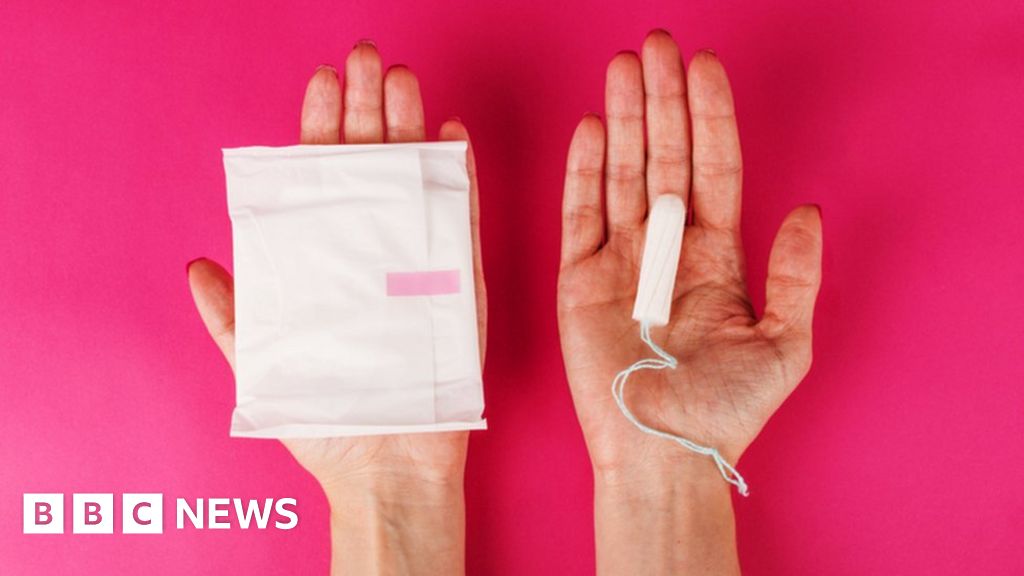
The Blood Red Taboo: Menstruation

The modern world is a hypocrite in many ways. The tall claims of a progressive scientific society crumble at the sight of a small red smear on the clothes of a woman, or rather even at the insinuation of it.
Despite being an inevitable part of a woman’s reproductive life, menstruation is a topic often pushed aside due to the social stigma associated with it. Ironically, the most obvious indicator of a woman’s reproductive hygiene is shunned and described with unappealing terminologies. This unfortunate attitude has several outcomes each with intersectional implications. It would be an academically worthwhile exercise to analyse each of these in detail.
- Menstruation and education.
The education of the girl child has always been an area of concern in the Indian context. In India, about 23 million girls drop out of school every year due to periods.[1] Both these facts collude in denying an ocean of opportunities for the fairer sex by preventing their access to education. Many schools and even colleges lack adequate toilets and facilities to ensure menstrual hygiene which consequentially results in absence from educational institutions and eventually withdrawal.
- Lack of awareness around menstrual hygiene.
Once again facts are a stark reminder of the huge strides, we need to conquer in the area of menstrual hygiene. 71% of adolescent girls in India remain unaware of menstruation until they get their first period. [2] The silence around menstruation often results in a lack of awareness of menstrual products, hygiene, health and medication. This illiteracy also extrapolated into the lack of awareness of safe sexual practices, teen pregnancies and contraceptive methods.
- Effect on the female workforce.
Participation in the female workforce has always been a strong indicator of a healthy economy. Majority of the women currently employed fall within the menstruating age or the menopause phase which is equally important. Many workplaces lack adequate facilities for female employees to practice personal hygiene during the menstruation period. This therefore eventually leads to the dropout of female employees from the workforce.
Thus it may be noted from the above discussion that menstruation is a topic that should be discussed in the public sphere instead of confining it within the walls of a ladies’ restroom or within code words that makes no sense. This change can be made into reality only by a legislative acknowledgement of the right to bleed. Changing social circumstances call for a uniform health policy on menstrual health and hygiene along with a well-structured sex- education system. Only by voicing out the word can discussions be brought around it.
It is to be highlighted that no centralised legislation exists to ensure the right of a woman to access sanitary products. The right to health granted under the Right to life vocalised by Article 21 adequately brings under its ambit the right to access safe sanitary products.
The term health is broad enough to cover the sphere of “menstrual health” yet no efforts have been made to ensure the same. In the historic case of S. L. Bhagwati vs. Union of India and Ors., in 1992, the Supreme Court argued in favour of women receiving menstrual leave to take care of their health and families.
However, it may also be observed that various schemes exist to ensure the availability of menstrual products such as the Menstrual Hygiene Scheme (MHS) by the Ministry of Health and Family Welfare. However, the awareness of these schemes and their implementation is true of significant concern.
The states of Kerala and Bihar are also noteworthy in this context. Bihar was the first state to introduce menstrual leaves for women. The move was implemented in 1992 and was a conversation starter by itself. This was perhaps one of the first instances wherein menstruation was brought into the public sphere for an open conversation. Decades later Kerala, became the second state to introduce menstrual leave.
However, despite these positive developments, India’s position in securing an equitable position for women with regard to menstruation and the right to menstrual hygiene is a far cry from the bare minimum standards. India has indeed miles to go before it secures a situation for its women to bleed without stigma.
[1] https://www.youthkiawaaz.com/2020/11/is-menstrual-hygiene-management-a-distant-dream/
[2] https://www.dw.com/en/the-united-nations-childrens-fund-unicef/t-17449475







